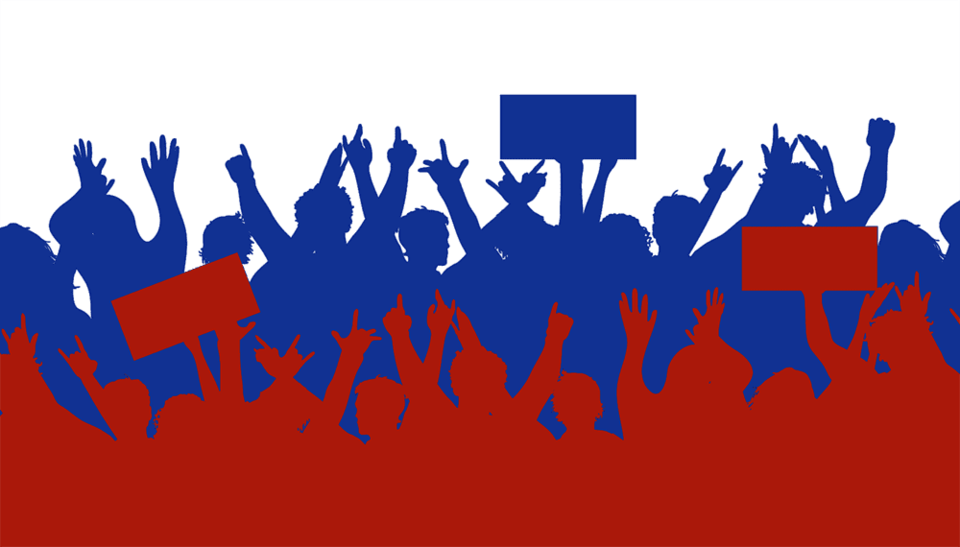We just finished voting in the provincial election in June, and now we are facing municipal elections on October 24. It seems a bit early to be making the plea that people like me frequently do about “be sure to vote.” However, this is not your standard “get out the vote” plea.
I have been influenced by a friend who was involved in the electoral process and gave me some wise advice. I had written the standard post-election lament about low voter turnout, and he responded with what at first I considered a radical approach. He said that we should not be working so hard at guilting people into voting. In fact, he argued strongly that we did not want people to vote if they had not followed the issues, informed themselves about the candidates, and were able to cast an informed vote.
In other words, we should not be driving people to the polls motivated by guilt—we need to encourage people to take an interest in local politics so that they want to get out and cast an informed vote. That view very much resonated with me, so that’s what I want to say to you today.
Do not wait until election day to succumb to your guilt and cast an uninformed vote in order to do your civic duty. Instead, you need to start today, if you have not already started, to inform yourself about the October election so that you will be in a good position to cast an informed ballot.
Local elections generate less hoopla than the high-profile partisan contests at the federal and provincial levels, but local government can be even more important to us on a day-to-day basis than the goings-on in Toronto or Ottawa.
This is the reason why I am writing this indirect plea to get out the vote so early. You really should begin now to think about how you will cast your vote. Don’t begin by thinking about a candidate. You should begin by identifying the local issues that are important to you. The general look and feel of your community? Green space? Economic development? Traffic? Recreational opportunities? Employment opportunities?
You really should begin now to think about how you will cast your vote
If you’re really bold, you could begin by thinking about what you want your community to look like in ten or 20 years, and working backwards to think about what needs to happen over the next four years to get to that ten- or 20-year goal.
Don’t let me or anyone else tell you what’s important. You decide what’s important to you. You might want to discuss this with your friends and neighbours. Compare your community to others that you have visited. Gather all the information you can to determine what the important issues for you are.
Then you need to start gathering information about the candidates. You should seek out multiple sources to gather this information. Your local news outlet is a good starting point, but there will also likely be all-candidates debates or open houses to meet the candidates. Discuss the candidates with your friends and neighbours. The strength of local government is that it’s easy to talk to the candidates and get a first-hand impression of them.
How do they feel about the issues that you have decided are important to you? What sort of lived experience do they have that qualifies them for elective office? Does the candidate seem open to listening to the views of constituents? Is he or she the sort of person who wants to work together with others to move issues forward?
This concludes my early get out the vote plea. Don’t worry about finding the voting place at this point. However, it is not too early to begin thinking about the issues and gathering information. Do not vote out of a sense of duty. Invest the time and effort to gather the information that will allow you to cast an informed ballot, then get out and vote.



